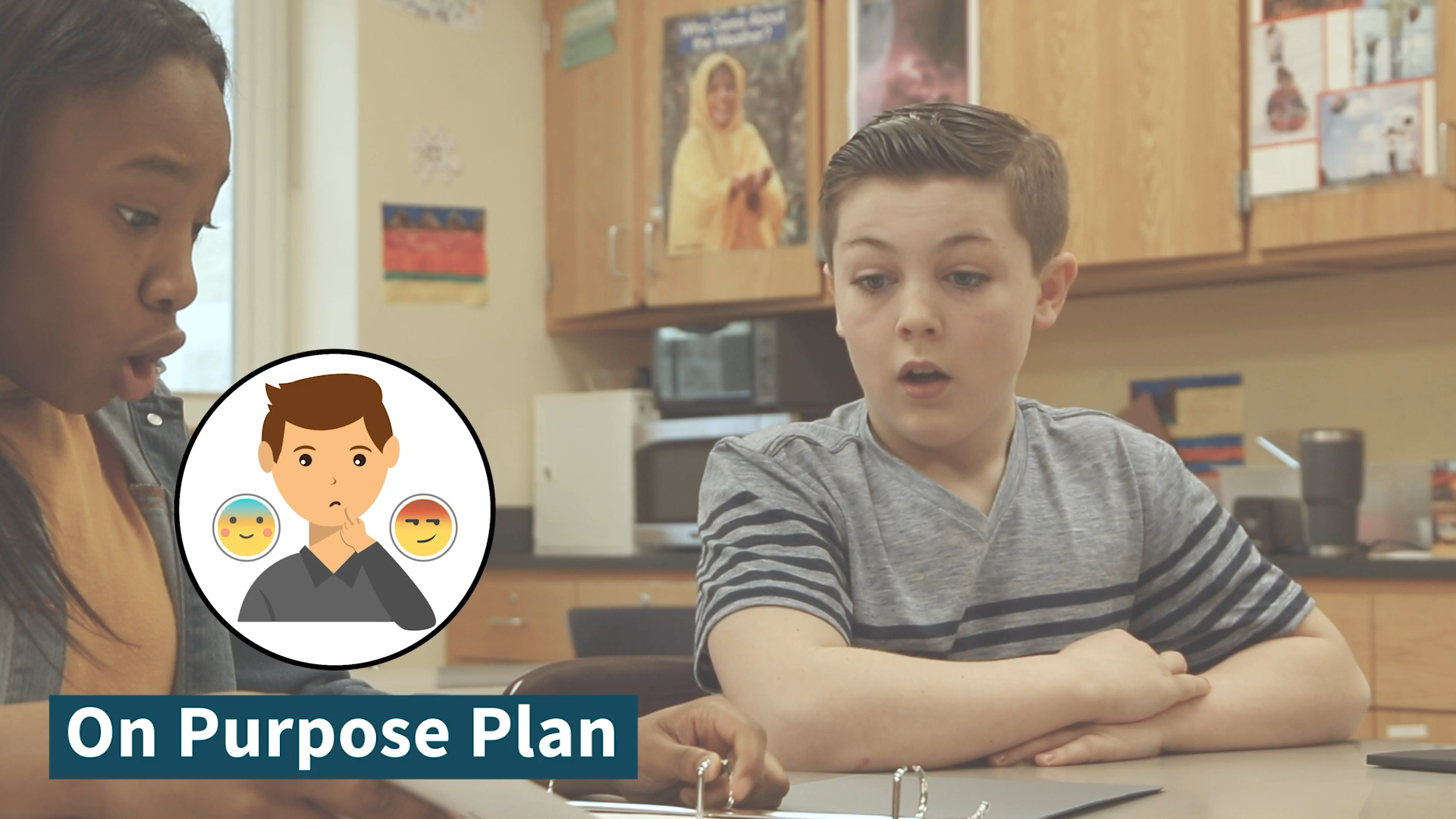
Introduction
In the world of Special Education, understanding the intentions behind actions can be a challenge for some students. The On Purpose Plan is a valuable tool to help students differentiate between accidents and intentional actions. This skill is essential for fostering healthy social interactions and promoting empathy. In this blog post, we will explore a no-prep activity for educators to use, discuss related questions, mention other relevant skills, and provide resources for further learning.
No-Prep Activity
This activity, called “Intentions Detective”, requires no additional materials or preparation. Begin by setting up a scenario for your students, either by describing it or acting it out. For example, you could say, “John accidentally bumped into Sarah while walking in the hallway.” After presenting the scenario, ask your students to use the On Purpose Plan to determine if John’s action was accidental or intentional.
Guide them through the process by asking them to observe the reactions of the people involved. Ask them to consider facial expressions, tone of voice, and actions. For instance, if John immediately apologizes and looks concerned, it’s likely an accident. Encourage students to share their conclusions and explain their reasoning.
Discussion Questions
- Why is it important to understand the difference between accidents and intentional actions?
- How can using the On Purpose Plan help improve our relationships with others?
- Can you think of a time when you misinterpreted someone’s intentions? How did it affect your relationship with them?
- What are some strategies we can use to remain calm and understanding when we’re unsure if someone’s actions were accidental or intentional?
- How can we apply the On Purpose Plan in our everyday interactions with others?
Related Skills
Developing the ability to differentiate between accidental and intentional actions is just one aspect of social-emotional learning. Other related skills that can benefit students in Special Education include:
- Empathy: Understanding and sharing the feelings of others.
- Active listening: Paying close attention to what others are saying and showing that you understand and care.
- Conflict resolution: Finding peaceful solutions to disagreements and conflicts.
- Assertiveness: Expressing your feelings, thoughts, and needs in an open, honest, and respectful manner.
- Emotion regulation: Managing your emotions in a healthy and appropriate way.
Next Steps
If you’re interested in exploring the On Purpose Plan and other social-emotional learning tools for your students, sign up for free sample materials at Everyday Speech. These resources can help you promote a positive learning environment and support your students’ social and emotional growth.

